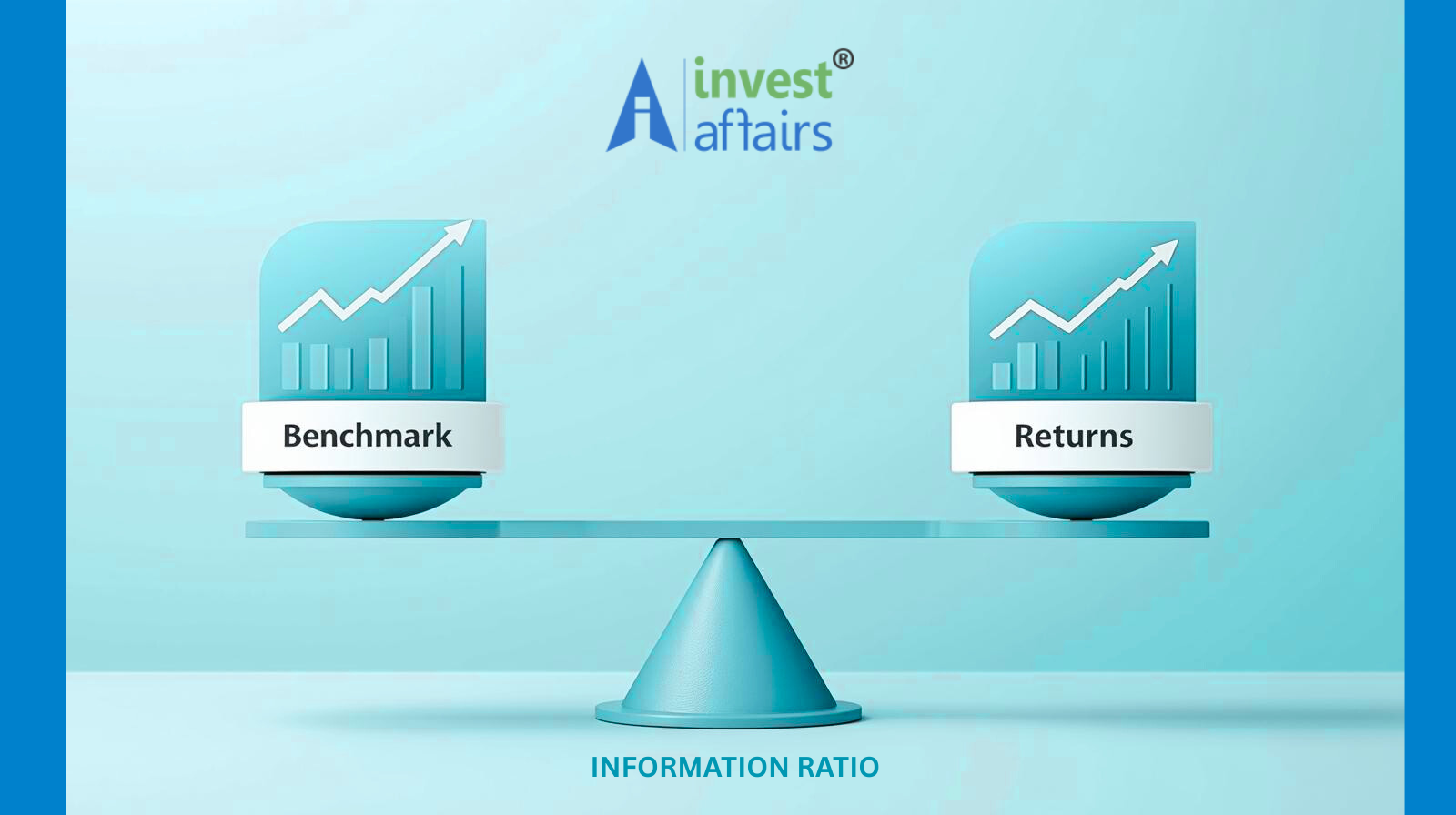
WHO SHOULD NOT KNOW YOUR STORY
- Mon Feb 03 18:30:00 UTC 2025
- In Mentoring and Guidance by Aparna Bose
Avoid Sharing Your Savings And Income With All And Sundry
In today's society, protecting your financial privacy is more important than ever. With an abundance of personal information available, it's essential to be cautious about whom you share details regarding your savings and income with. Disclosing such information to the wrong individuals can result in complications, misunderstandings, or even exploitation. To safeguard your financial security and personal boundaries, here are seven types of individuals you should avoid discussing your finances with.
1. UNFAMILIAR PERSON(S) OR SCAMMERS: Sharing financial information with unfamiliar individuals, whether in person or online, can expose you to risks such as scams, fraud, and identity theft. Scammers often manipulate trust to take advantage of the information you provide. It’s crucial to protect your financial details and stay alert against those who may have harmful intentions.
2. CASUAL ACQUAINTANCES: While chatting about general subjects with acquaintances may feel harmless, it's wise to refrain from disclosing specifics about your income and savings to those you don’t know well. Casual connections typically do not offer the trust required for sensitive financial conversations, and oversharing could lead to misunderstandings, jealousy, or unexpected requests for financial assistance.
3. WORK COLLEAGUES: Discussing financial matters in the workplace can create uncomfortable situations, such as jealousy or resentment among colleagues. Even if you feel close to certain coworkers, it’s prudent to keep personal financial details private in a professional setting. Money conversations at work can foster tension, competition, and may even affect promotions and raises.
4. SOCIAL MEDIA CONTACTS: Oversharing on social media is a prevalent issue, particularly concerning financial information. Revealing details about your income or savings online can make you susceptible to scammers, hackers, or even individuals with harmful intentions within your social network. Keep in mind that social media is not a secure environment, and anything shared can easily be misappropriated.
5. DISTANT RELATIVES: While close family members are typically trustworthy, distant relatives might not always prioritize your best interests. Disclosing too much about your financial situation can lead to unwelcome requests for loans or financial assistance, which could jeopardize your relationships. It’s important to set boundaries with extended family regarding financial matters.
6. FINANCIALLY IRRESPONSIBLE FRIENDS: Friends who struggle with financial management may not be the best confidants for your financial dealings. They might inadvertently pressure you to lend them money, feel envious, or encourage reckless spending habits making you an irresponsible spender like them.
7. NEIGHBOURS: While maintaining a friendly rapport with your neighbours is beneficial, your financial circumstances shouldn't become common knowledge in the neighbourhood. Gossip can spread rapidly, leading people to form opinions or assumptions based on what they know about your finances.

CONCLUSION - In the modern landscape where financial privacy is increasingly under threat, being discerning about whom you share your financial information with is crucial. People like- unfamiliar persons, casual acquaintances, colleagues, social media contacts, distant relatives, financially irresponsible friends, and neighbours—pose various risks that can compromise your financial security and personal peace of mind. By maintaining boundaries and exercising caution in discussing your finances, you can protect yourself from potential exploitation, misunderstandings, and unwanted pressures. Ultimately, prioritizing your financial privacy not only safeguards your assets but also fosters healthier, more respectful relationships with those around you. Stay vigilant and choose wisely when it comes to whom you trust with your financial details.
Disclaimer: The data and information has been sourced from various domains available to the public. We have taken utmost care to represent the same as factually as has been made available. Please do not make any decisions based on our blogpost. Kindly check the data & information independently. For further guidance on finance and investment please reach out to our experts at Investaffairs.
If you have any Personal Finance query, do write to us
Categories
Recent Posts





